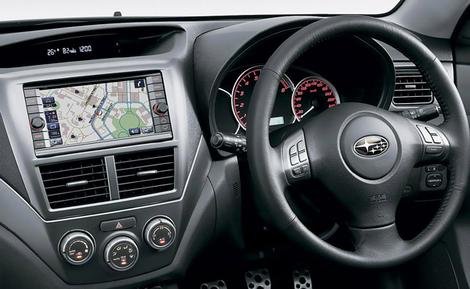Surprise: Drivers Hate GPS Systems And Resort To Smartphones Instead

No matter how much society champions individuality and personalization, this limited number of options remains a fact of technological life. The reason for this standardization is that when it comes to tools that are used every day, a simple and easily understandable process wins over a system that must be relearned with each new phone or laptop that hits the market.
The only purveyors of technology that haven't seemed to latch onto this idea are the automakers. According to a new study by J.D. Power, this irks drivers to the point that most forgo in-car technological solutions in favor of familiar smartphone software. Car companies are still insistent on developing their own unique infotainment systems complete with apps, navigation, entertainment, and vehicle settings all on one screen. Even though this gives companies freedom to tailor the brand experience, many systems lack the sophistication that the standards of our tech-laden world now demand. As a result, owners are apt to pull out their smartphones instead of dealing with a lagging infotainment screen.
It's not only the glitches and unsmooth transitions from menus that make in-car technology systems hard to use, it's also the way the software is designed. Many navigation systems have clunky address input methods and voice recognition systems that are miles behind what a smartphone can do. As a result, when searching for the nearest Starbucks or finding a friend's house in the middle of a winding cul-de-sac, drivers are more likely to pull out a smartphone and use one of the many sophisticated apps for guidance. These apps also don't restrict a passenger from painstakingly inputting an address because the car won't allow inputs while moving.
Apps like Waze will even use sophisticated algorithms and real time updates to find the quickest route, something most navigation systems can't do or if they can, do so with marginal success. Until a more standardized and easy to use system rolls out, this will probably continue being the reality.


